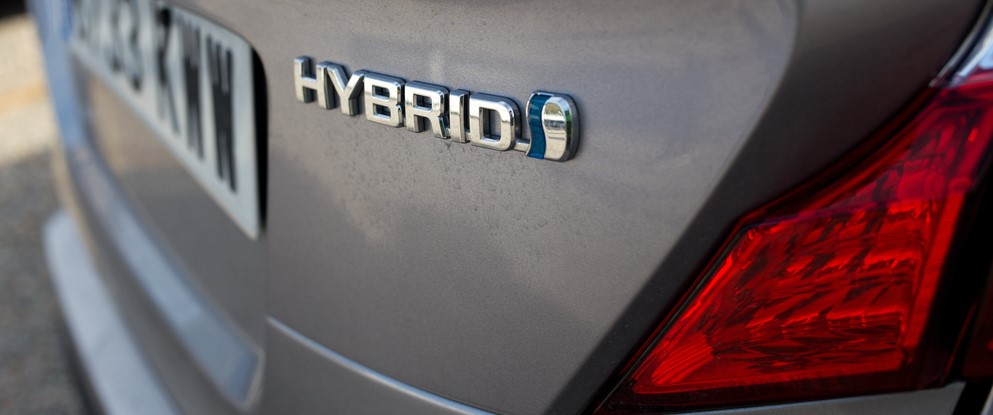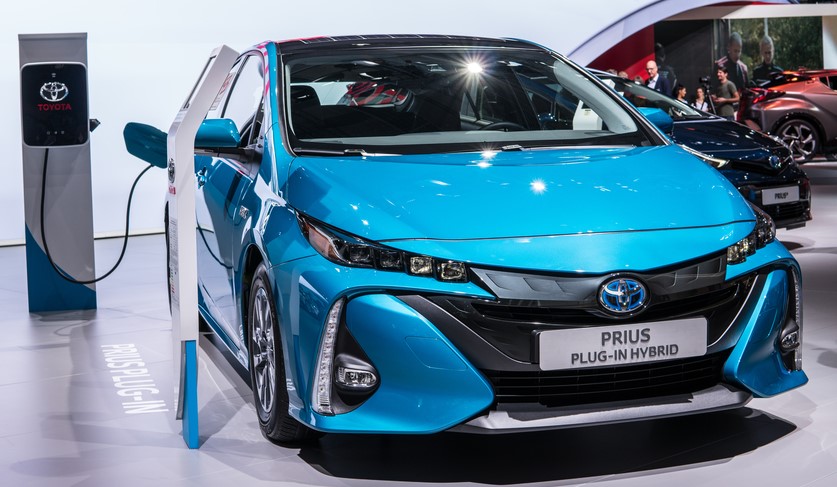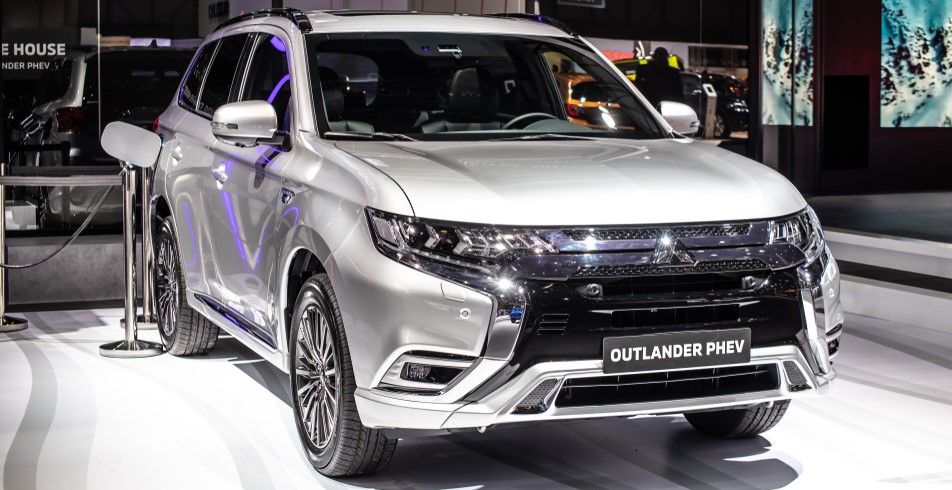When you think of a hybrid car, your mind most likely jumps to the Toyota Prius, and rightly so. The Prius has been the quintessential symbol of the fuel saving technology that is hybrid cars since its debut in 1997. While the Prius has remained astute and reliable, car makers have since rolled out other options in a bid to offer variety to those looking to go green.
Perhaps you are thinking of a hybrid for your next car. If for the most part you drive in and around busy towns such as Nairobi, Mombasa or Nakuru, a hybrid car will suit you well. You will be saving money on fuel and lowering your carbon footprint, which is something we should all be thinking about. But what exactly is a hybrid car, how does it work, and what is the advantage of driving a hybrid?
What is a Hybrid Car?
There’s a lot of misunderstanding about hybrid cars out there. A hybrid car uses a conventional engine (either petrol or diesel) and a battery-powered electric motor(s). Think of it as a cross between the normal combustion engine vehicle and a fully electric car. By using these two types of energy sources, it maximizes efficiency.
Sometimes the conventional engine does the work, or the electric motor does, and times they collaborate. Hence, less fuel is burned, resulting in improved fuel economy.

How do hybrid cars work?
The electric motor draws power from the hybrid battery when starting from a stop and propels the car forward. While cruising at a usual speed, the electric motor and fuel engine can work together or separately. The conventional engine delivers power when you’re accelerating fast and driving at higher speeds.
Applying the brakes or easing up on the accelerator cuts off power to the wheels. When you come to a complete stop, both the engine and the electric motor turn off. The vehicle systems run on battery power, including lights, radios, and air conditioning.
Are there Different Types of Hybrid Cars?
Yes. There are three main types of hybrid designs built to achieve different goals. These are:
Full (Parallel) Hybrid
This is the most common hybrid design, with the Toyota Prius being a good example. A single transmission connects the engine with the electric motor(s), blending the two power sources.
A parallel hybrid can use either the combustion engine, the electric motor or both to run. When you do slow speeds such as around town or short distances, the full hybrid runs in electric mode, conserving fuel. A parallel hybrid is self-charging. Other than the Prius other examples are the Lexus, Honda Insight, Chevrolet Volt and Toyota Auris.

Plug-in hybrids or PHEV
This concept falls somewhere between traditional hybrids and all-electric automobiles. It improves the car by incorporating a larger battery pack like an electric car. You’ve to charge the battery using an external electric source at home, the office, or at a public charging station.
This increased energy storage capacity is comparable to a bigger petrol tank. Depending on the model, it can allow for up to 48 KM of all-electric driving, reducing fuel usage significantly. If you drive only a short distance every day, you can charge your battery overnight, and use it during the day.
In theory, you can use your plug-in hybrid without ever using the fuel engine. That would be a real fuel saver! Popular examples in this category include the BMW 330e, Volvo V60, and Mitsubishi Outlander PHEV.

Mild Hybrids
Typically, a mild hybrid car contains the normal combustion engine and a small electric motor. The electric motors serve to assist the engine, but cannot function independently.
In mild hybrids, the system recharges through regenerative braking, a mechanism where energy is harnessed when the vehicle slows down or stops. This energy (kinetic) is in turned into electricity that recharges the battery. Statistics show that a mild hybrid is up to 15% more efficient that a normal combustion engine vehicle.
What are the advantages and disadvantages of a hybrid car?
Pros:
- Hybrid cars are environmentally friendly
- Hybrids are economical- can save you money on fuel, coolants and oil
- A variety of body styles from different manufacturers are available
- Hybrid cars are quiet (fun fact- a Toyota Prius is completely silent when driven under 8km/hr.)
- Hybrids require less maintenance. The use of two sources of power means less engine wear and tear.
- Extended warranties: you can get an eight to ten-year warranty covering the entire hybrid system
Cons:
- The upfront cost can be higher than a comparable non-hybrid vehicle
- More complex power train than an electric vehicle thus maintenance may be expensive when needed
- Batteries can gobble up interior space
So, should I buy a hybrid car?
If you do short distances within towns, then a hybrid car can prove to be cost-effective for you. This is because as mentioned, you can run your car on electric power alone, saving on fuel. If you do long, frequent trips that require high speeds, a hybrid car may not make much difference. Either way, the ability to have the best of both worlds can be enticing. Whatever you decide, the Croton Motors sales team is here to get you the vehicle of your dreams!
